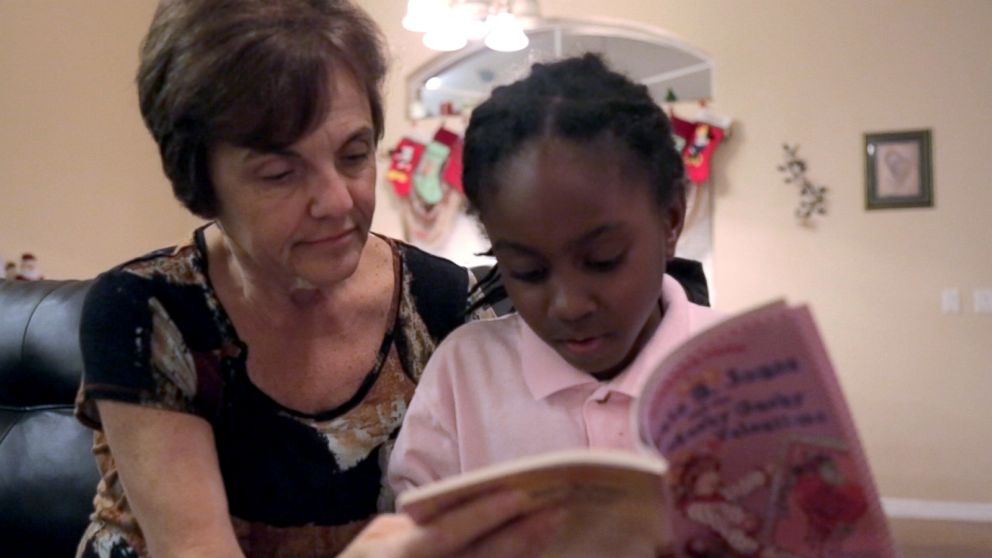Foster parent shortage dire as heroin overdoses rise
Child removals have more than doubled in recent years in Florida's Circuit 12.
— -- The opioid epidemic that has hit communities across the country with overdoses and crime is having another, less visible but significant impact: overloading the foster care system with children taken from the homes of suspected drug users.
A rising number of children are being removed from homes across the country where caretakers have been accused of using opiates, according to the U.S. Health Resources and Services Administration (HRSA), taxing foster care systems that are ill-equipped to take in so many children in such a short period of time.
One Florida community has been hit particularly hard by this phenomenon.
Kathryn Shea, a licensed clinical social worker and president of the Florida Center for Early Childhood, told ABC News the problem is especially acute in Florida’s Judicial Circuit 12, which includes Sarasota, Manatee and DeSoto counties.
“The little ones in foster care are coming in enormous rates right now because of their parents’ heroin addictions,” she said.

In July 2015, this circuit administered a record 281 doses of Narcan (naloxone), an opiate antidote that blocks the effects of opioids and reverses an overdose, a number confirmed by the Florida Department of Children and Families. But then came July 2016, when the number of doses more than doubled to 749.
Changes in the law in 2012 on opioid prescriptions and the creation of the prescription drug monitoring program (PDMP) shut down clinics and forced many addicts to the streets to find their next high, creating a demand for drugs like heroin and the increasingly popular fentanyl, according to Capt. Todd Michael Shear of the Special Investigations Division at the Manatee County Sheriff’s Office.
“Synthetic opioids have now driven the cost of heroin down,” Shear said. “A hit of heroin typically goes for approximately $15 on the streets. An opioid pill goes for $30 plus.”
Simultaneously, Circuit 12 has also seen an increase in the number of children removed from their homes and placed in foster care.
"For Circuit 12, we have had the highest child removal rate over the last three years," Brena Slater, vice president of the Safe Children’s Coalition, told ABC News. "The main issue has been due to the substance abuse ... it started out a couple of years ago as pills and we've seen an enormous progression into heroin."
Florida foster homes are only licensed to house five children at a time, a cap that is often exceeded in Florida’s Circuit 12, according to Shea, the licensed clinical social worker.
Connie Keehner, child protective investigation supervisor for the Manatee County Sheriff’s Office, said, “Our foster care homes are so saturated, we just don’t have enough left.”
There are only 159 foster homes registered in Circuit 12, Slater, of the Safe Children Coalition, said. But between 2013 and 2014, the Florida Department of Children and Families removed 395 children from their homes in the area.
The state removed 880 the next month, more than double.
While recovery and reunification are the ultimate goal, the risk of relapse is a very real possibility, Shea told ABC News.
There is also the fear of attachment, bonding so much with the child and then having to say goodbye when it comes time for reunification or permanent placement.
But Florida seems to be making some progress toward easing the stress placed on foster homes and foster parents with an initiative called Early Childhood Court (ECC).
Meanwhile, the median number of days from removal to permanency statewide was 518, compared with 360 days for children in ECC.
In the past three years, the initiative has grown from covering two to 17 circuits within the state of Florida. Advocates hope the system will soon be implemented nationwide.




